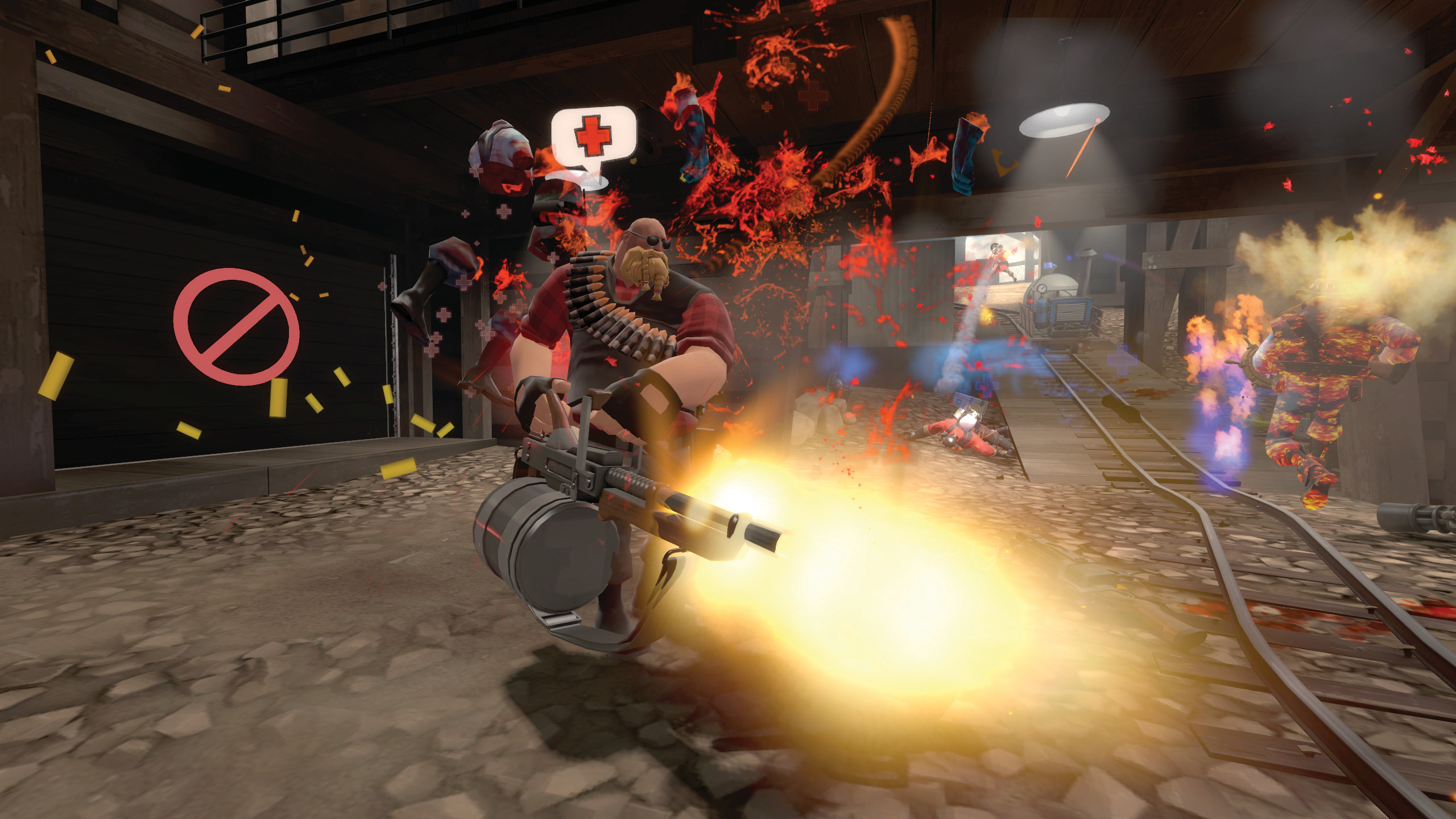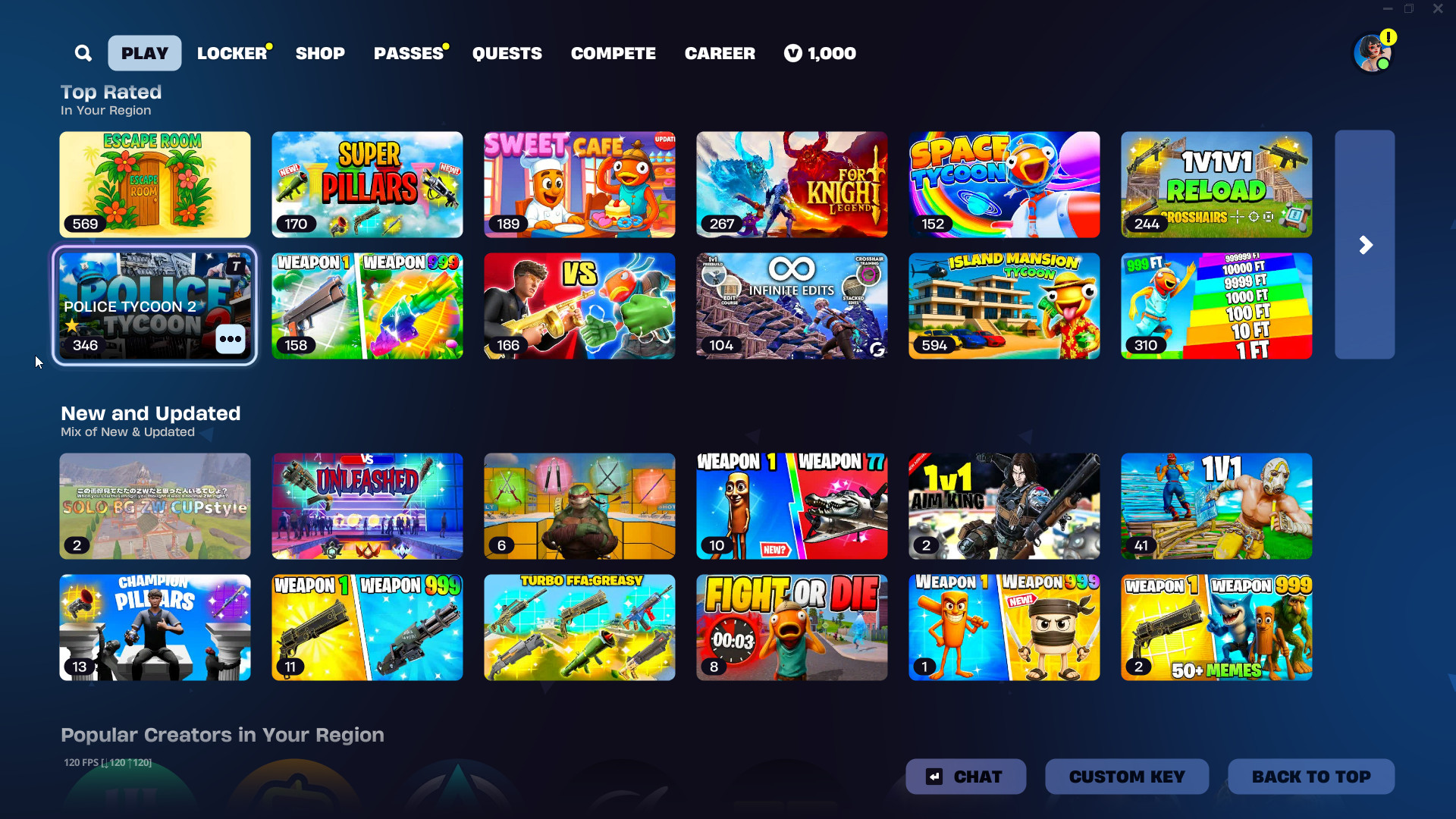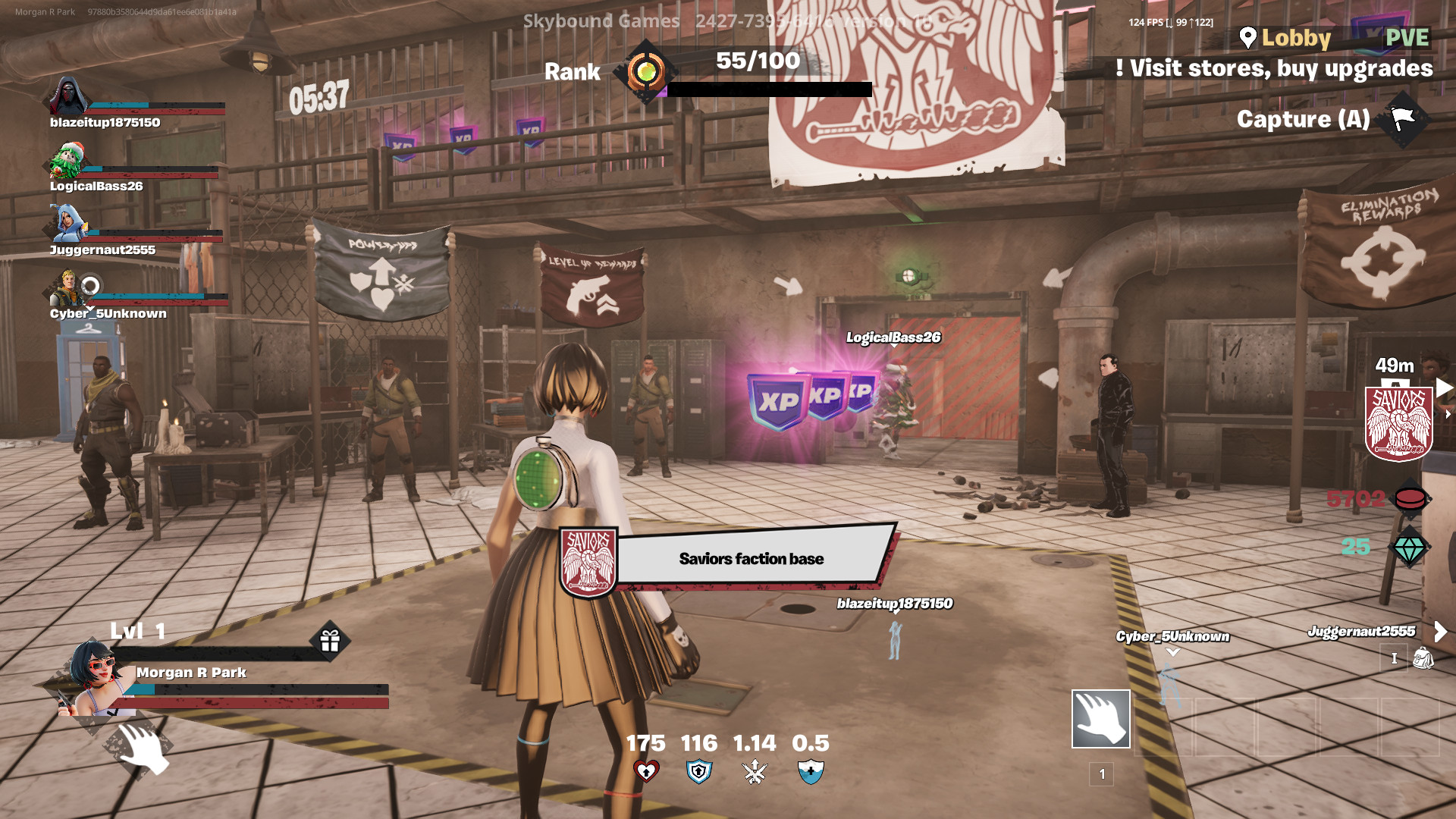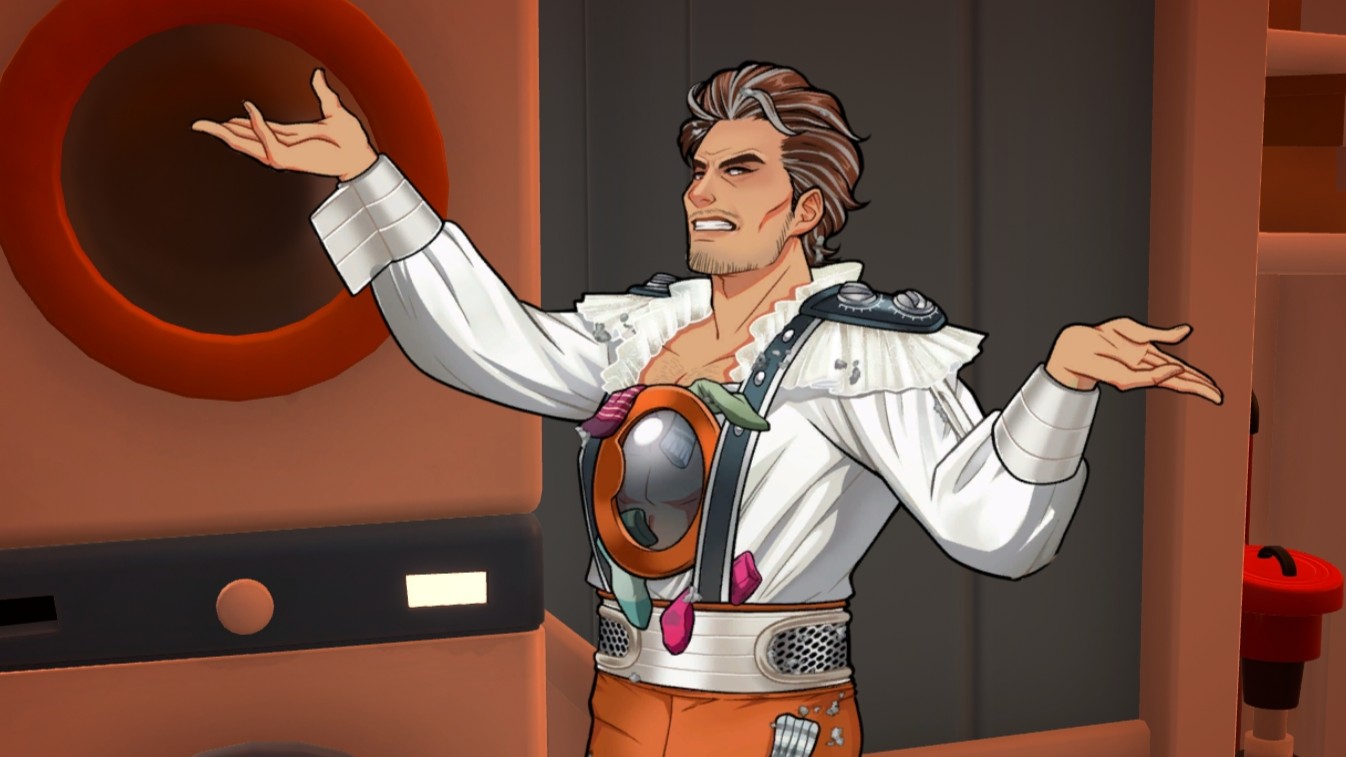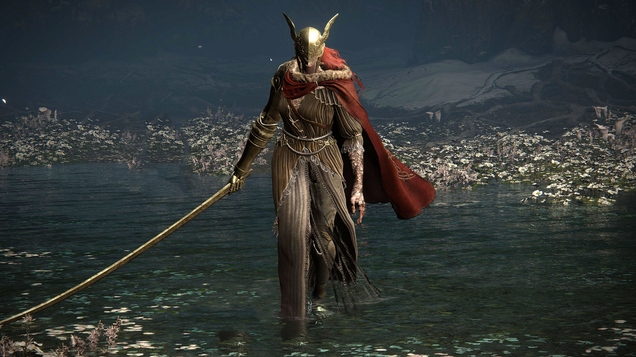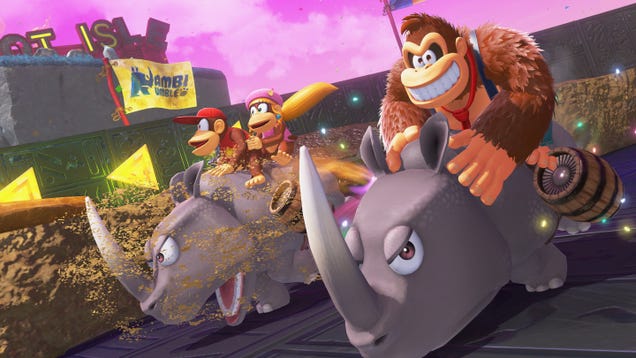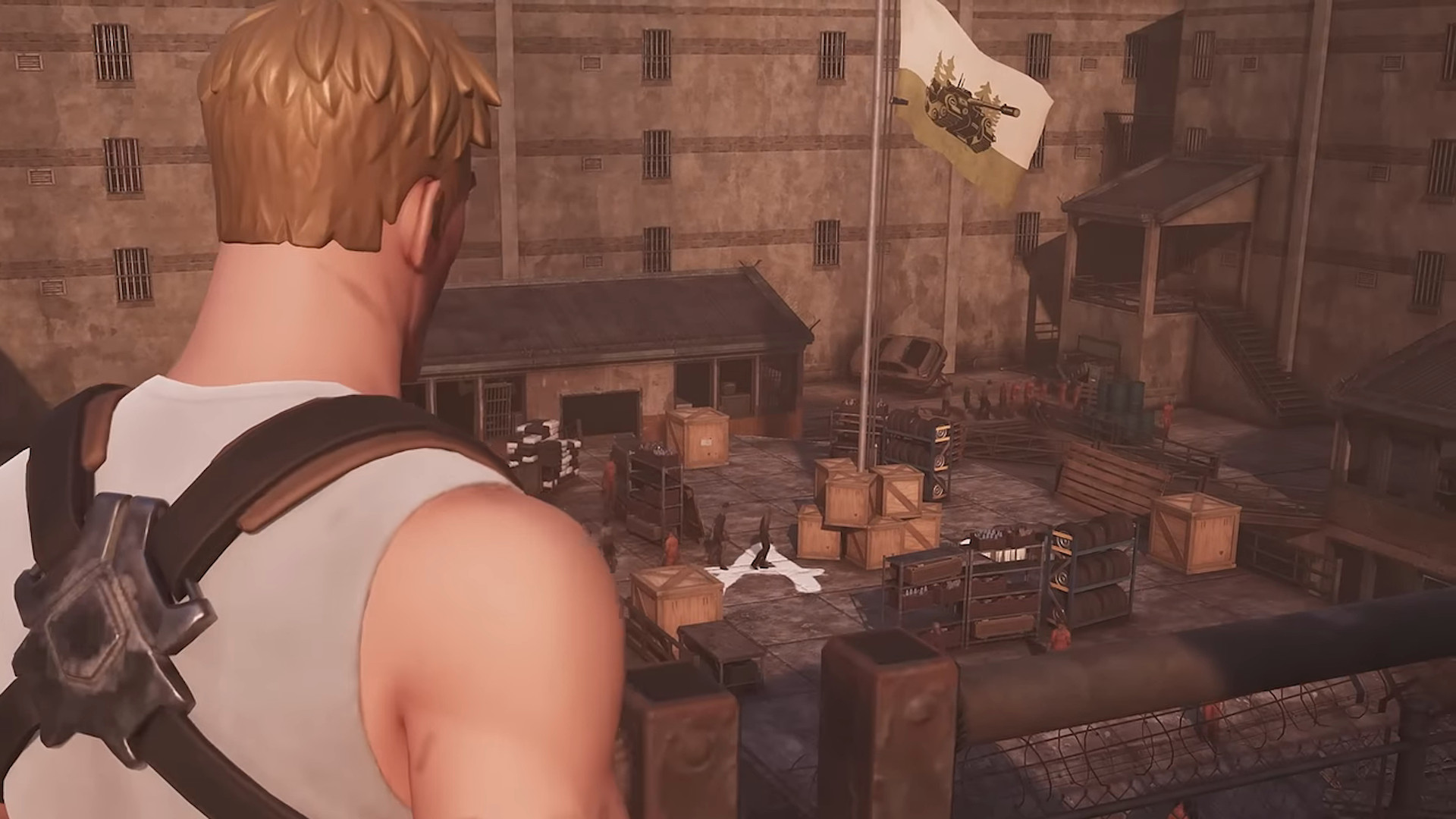
What's old is new again.
The kids are into Fortnite, forever and always, but what exactly being into “Fortnite” means is a moving target these days. Lately, Epic Games has decided the future of Fortnite is to become Roblox by expanding its battle royale with a free toolset for creating and publishing games within Fortnite, and incentivizing participation with a revenue share program based on engagement.
Some veteran game developers are giving Fortnite a real go, laying down swords bloodied with Steam wishlist requests and joining the ranks of Tim Sweeney’s content army.
One such outfit is Teravision Games, developer of 2024’s Killer Klowns from Outer Space. In a recent profile by IGN, Teravision said the studio has experienced the same struggles as the rest of the industry during the most volatile time in gamedev history, and describes its short time making UEFN (Unreal Engine for Fortnite) games as a “dream come true.” Teravision’s first Fortnite release, a little roguelike where you shoot your way up floors of a hotel, did well enough to justify making two more in the last year.
Teravision’s latest UEFN project, Courtyard King, is an officially licensed The Walking Dead game where players pick a faction and play King of the Hill on a map inspired by the show’s prison (you know, that place with the Governor I haven’t thought about since 2013). Courtyard King’s most “unique” element, according to the profile, is how it never ends.
“Players can drop in and drop out whenever they want,” said creative director LD Zambrano. “They can even change teams whenever they like, which generates situations for betrayals. Maybe you enter a party with your friend, but then in the middle of the match you don’t tell him and change teams. Which is very Walking Dead-like.”
Infinite respawns, never-ending matches, rotating objectives, drop in/drop out friendly rules—holy crap, Fortnite creators innovated so hard they just invented ’90s FPS server culture. What’s old is new, time is a flat circle, so on and so forth.
When shooters were social
It’s nice to see live service games coming back around to what PC games understood by the early aughts: Great multiplayer shooters give players lots of different things to do, and the best ones foster an environment of modding and curation.
Courtyard King’s 24/7 meatgrinder (and the dozens of similar deathmatch lobbies in Fortnite’s feed) are anomalous among a generation of shooters with strictly regimented matchmaking and modes designed to play exactly one way, but it’s nothing new to those of us who spent our afternoons server surfing in Garry’s Mod, voting for 2Fort CTF in Team Fortress 2, running Rocket Race in Halo 3, or in a slightly older age, hogging the phone line for hours to play Quake Rocket Arena.
That’s just what a huge corner of multiplayer gaming was for a long time: A playground where recess never ended. Modes provided structure, but they weren’t always prescriptive. Multiplayer shooters used to be places, not services.
When I played Day of Defeat: Source almost daily in high school, I’d hop between two to three servers, sometimes based on activity, but usually based on the distinct map pools, modes, and vibes I knew those servers to have. Some took the game seriously, others were chat rooms. Sometimes I’d capture zones like you’re supposed to do, and sometimes I’d just mindlessly shoot while chatting with friends, or when that got boring, create my own stealth challenges by hiding in dark corners and going for knife kills.
Multiplayer shooters used to be places, not services.
I was enraptured by this silly WW2 shooter that Valve had all but abandoned years earlier, not because the guns looked better than Call of Duty: Black Ops 2 (they did not), but because Day of Defeat was a canvas for whatever antics we were in the mood for. I came to click heads, but honestly, I stayed for the hangout.
That’s where Fortnite’s UEFN scheme utterly fails. Epic calls the arrangement innovative. I see a worse version of the community-driven multiplayer scenes we had decades before. There is no sense of community among the hundreds of disparate Fortnite games competing for attention. Matchmaking is still totally centralized, so you can’t hope to recognize regulars or seed your favorite modes unless you party up.
Race to the bottom
Then there’s the actual content of the community modes, which largely suck. Scroll past all the Epic-developed stuff and you’ll find yourself waist-deep in a rank, disreputable sea of “tycoon” simulators and half-assed idle clickers designed to farm hours. It’s a noxious cocktail of boundless creativity and deep-rooted cynicism—a place where the most popular games are shameless reskins of 11 other games, and genuine novelty is deliberately difficult to find. Epic has created Garry’s Mod for slop artists.
One obvious consequence of paying creators based on engagement is that every UEFN game bombards you with progression paths, upgrades, and pseudo-battle pass FOMO, no matter the context and regardless of whether it makes any sense.
Courtyard Kings is a good example: Every time you respawn, you’re taken back to a hub where you can spend coins to buy permanent advantages over other players—more health, better guns, straight-up damage buffs. That means people who’ve been grinding Courtyard Kings for a week can easily mow down folks checking it out for the first time.
It’s a pretty horrible experience, and the kind of design choice nobody would ever land on when trying to make a fun arena shooter. Unfortunately, the shooting part is secondary to the numbers-go-up part that actually pays the bills.
Toolsets like UEFN should be elevating weird, creative remixes of Fortnite that push its boundaries. But there is no joy on Fortnite’s front page, just engagement traps.
Fortnite, and by extension Roblox, are adopting the shape of classic server culture, but they don’t understand or seem particularly interested in what made those FPS scenes special—ironic, considering Epic’s roots in Unreal Tournament. The good news is that many of the older shooters I mentioned still boast live servers bolstered by loyal communities, and they’re way more fun than Fortnite anyway.
